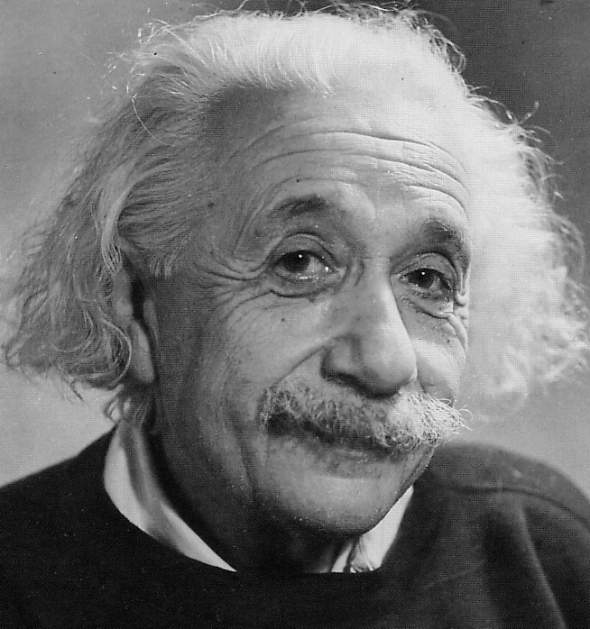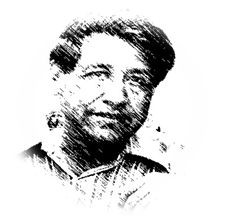
|
||||||||||||||||
Click image for bio
 (from Wikipedia) Albert Einstein (14 March 1879 – 18 April 1955) was a theoretical physicist, philosopher and author who is widely regarded as one of the most influential and best known scientists and intellectuals of all time. A German-Swiss Nobel laureate, Einstein is often regarded as the father of modern physics. He received the 1921 Nobel Prize in Physics "for his services to theoretical physics, and especially for his discovery of the law of the photoelectric effect".
(from Wikipedia) Albert Einstein (14 March 1879 – 18 April 1955) was a theoretical physicist, philosopher and author who is widely regarded as one of the most influential and best known scientists and intellectuals of all time. A German-Swiss Nobel laureate, Einstein is often regarded as the father of modern physics. He received the 1921 Nobel Prize in Physics "for his services to theoretical physics, and especially for his discovery of the law of the photoelectric effect".
Near the beginning of his career, Einstein thought that Newtonian mechanics was no longer enough to reconcile the laws of classical mechanics with the laws of the electromagnetic field. This led to the development of his special theory of relativity. He realized, however, that the principle of relativity could also be extended to gravitational fields, and with his subsequent theory of gravitation in 1916, he published a paper on the general theory of relativity. He continued to deal with problems of statistical mechanics and quantum theory, which led to his explanations of particle theory and the motion of molecules. He also investigated the thermal properties of light which laid the foundation of the photon theory of light. In 1917, Einstein applied the general theory of relativity to model the structure of the universe as a whole.
On the eve of World War II in 1939, he personally alerted President Franklin D. Roosevelt that Germany might be developing an atomic weapon, and recommended that the U.S. begin uranium procurement and nuclear research. As a result, Roosevelt advocated such research, leading to the creation of the top secret Manhattan Project, and the U.S. becoming the first and only country to possess nuclear weapons during the war. Days before his death, however, Einstein signed the Russell–Einstein Manifesto, that highlighted the dangers posed by the military usage of nuclear energy.
Einstein published more than 300 scientific along with over 150 non-scientific works, and received honorary doctorate degrees in science, medicine and philosophy from many European and American universities; he also wrote about various philosophical and political subjects such as socialism, international relations and the existence of God. His great intelligence and originality has made the word "Einstein" synonymous with genius.
Links:
- Einstein on Peace
- Einstein Speaks on Nuclear Weapons and World Peace
- Einstein on Peace (read on line)
